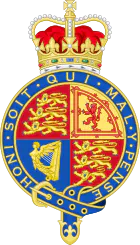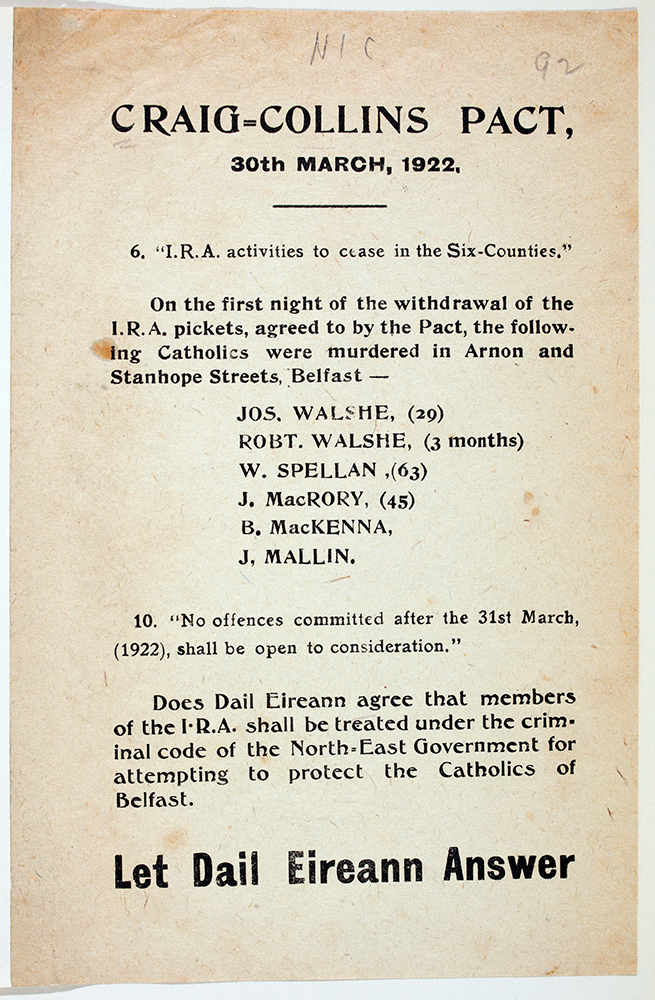- April 7, 1922
The Civil Authorities (Special Powers) Act (Northern Ireland) 1922 (12 & 13 Geo. 5. c. 5 (N.I.)), often referred to simply as the Special Powers Act and known as the “Flogging Act”, was an act passed by the Parliament of Northern Ireland during the partition of Ireland and shortly after the establishment of Northern Ireland. The Act was renewed annually and in 1928 was renewed for five years and made permanent in 1933 and not repealed until 1973.
Its sweeping powers made it highly controversial, and it was seen by much of the Irish nationalist community as a tool of Ulster unionist oppression.
The Act was eventually repealed by the Northern Ireland (Emergency Provisions) Act 1973, following the abolition of Northern Ireland’s parliament and the imposition of direct rule by the British government.
The Act
The Act was presented as being necessary to re-establish peace and law and order in Northern Ireland, and enabled the government to ’take all such steps and issue all such orders as may be necessary for preserving the peace and maintaining order’, although it was specified that the ordinary course of law should be interfered with as little as possible. The Home Affairs Minister (Dawson Bates - in office 7 June 1921 – 6 May 1943) was empowered to make any regulation felt necessary to preserve law and order in Northern Ireland. Anyone who broke these regulations could be sentenced to up to a year in prison with hard labour, and in the case of some crimes, whipping.
A special summary jurisdiction (court with no jury) was enabled to hear cases involving such crimes.
The Home Affairs Minister was also permitted to forbid the holding of inquests if he felt this was required to preserve order and peace.

 ← Craig-Collins Pact is signed in London. Irish Free State formally recognizes Northern Ireland government
← Craig-Collins Pact is signed in London. Irish Free State formally recognizes Northern Ireland government
 Led by Rory O'Connor, forces against the Anglo-Irish Treaty seize the Four Courts in Dublin →
Led by Rory O'Connor, forces against the Anglo-Irish Treaty seize the Four Courts in Dublin →